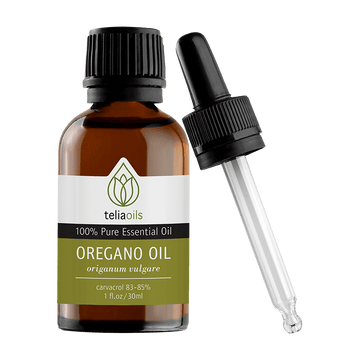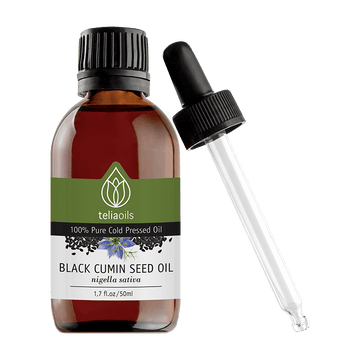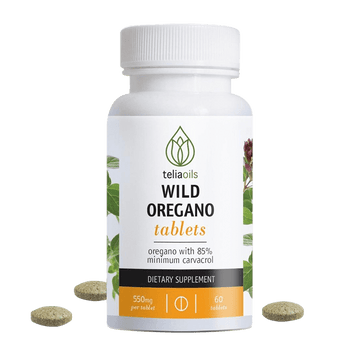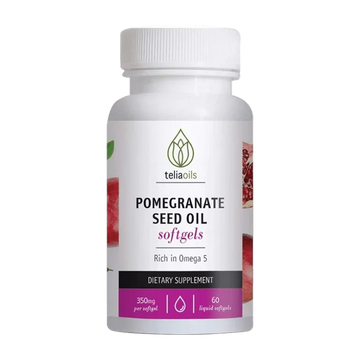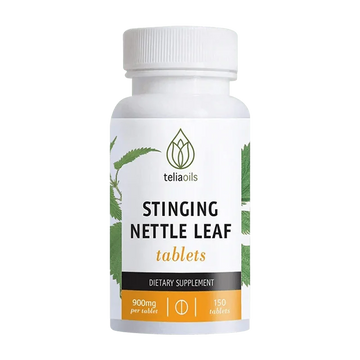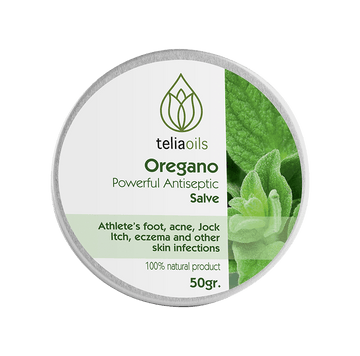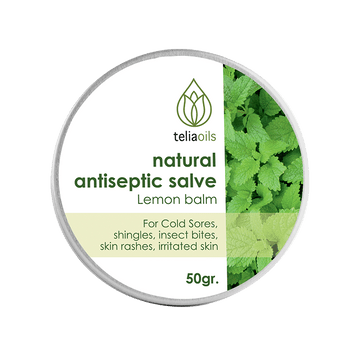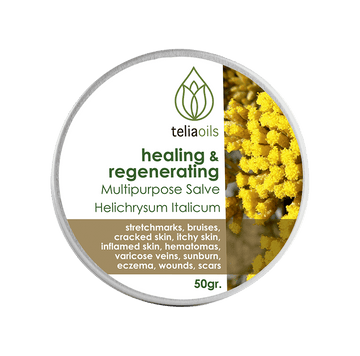Natural Remedies vs. Medical Treatments for Acne: Finding Your Path to Clear Skin
by Dimitris Zikos on Jun 19, 2024
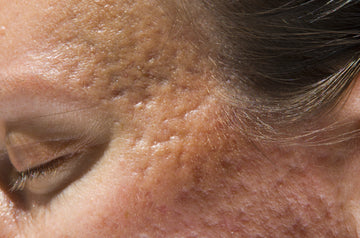
Acne, a common yet complex skin condition, affects individuals across various ages, leading to a myriad of emotional and physical challenges. The quest for clear skin navigates through a spectrum of treatments, ranging from traditional natural remedies to advanced medical interventions. This article delves into the effectiveness of natural remedies versus medical treatments for acne, aiming to provide insights that help you choose the right path for your skin health.
Natural Remedies for Acne
Natural remedies often draw appeal for their minimal side effects and holistic approach to health. Popular options include:
- Tea Tree Oil: Known for its antimicrobial properties, tea tree oil has been found to reduce acne lesions when applied topically, albeit more slowly than some prescription medications.
- Green Tea Extract: Rich in antioxidants, topical application of green tea extract can decrease sebum production and inflammation.
- Aloe Vera: Often used in conjunction with other treatments, aloe vera soothes the skin and may help reduce acne scars.
- Oregano Oil: Renowned for its strong antimicrobial, antiseptic and antifungal properties oregano oil is often used to treat various skin conditions including acne.
While these natural remedies offer a gentler approach to acne treatment, it's crucial to acknowledge that individual results may vary. Factors such as skin type, severity of acne, and consistency in application play significant roles in determining their effectiveness. For mild acne symptoms, these natural options can provide relief and promote skin health. However, for more severe cases, they may be used in conjunction with or as a complement to medical treatments.
Medical Treatments for Acne
Medical treatments, prescribed by dermatologists, target acne with precision and are backed by scientific research, offering a range of options for severe cases:
- Topical Retinoids: These vitamin A derivatives unclog pores and have been the cornerstone of acne treatment for decades, effectively treating blackheads, whiteheads, and larger lesions.
- Antibiotics: Topical and oral antibiotics reduce inflammation and bacterial count in and around acne lesions but are usually recommended for short-term use to prevent antibiotic resistance.
- Hormonal Treatments: In cases where acne is driven by hormonal imbalances, treatments like birth control pills or spironolactone can offer relief.
Medical treatments are often faster and more reliable, particularly for moderate to severe acne, but may come with side effects like skin irritation or more serious health risks in the case of oral medications.
Comparing Effectiveness
The choice between natural remedies and medical treatments hinges on several factors, including the severity of acne, individual health conditions, and personal preferences. While natural remedies can be effective for mild acne and offer a gentler approach, they may not suffice for severe cases or cystic acne, where medical treatments have a proven track record of effectiveness.
Final Thoughts
The journey to clear skin is personal and may include trials of various treatments before finding the right match. Whether leaning towards natural remedies or medical treatments, consulting with a dermatologist can provide guidance tailored to your skin type and acne severity. Ultimately, a combination of treatments, lifestyle changes, and patience is key to managing acne.

